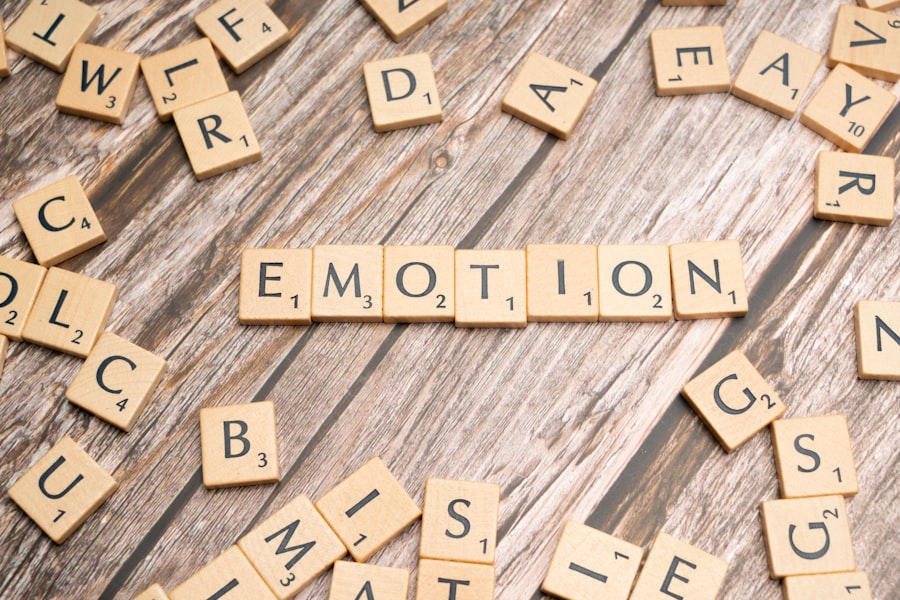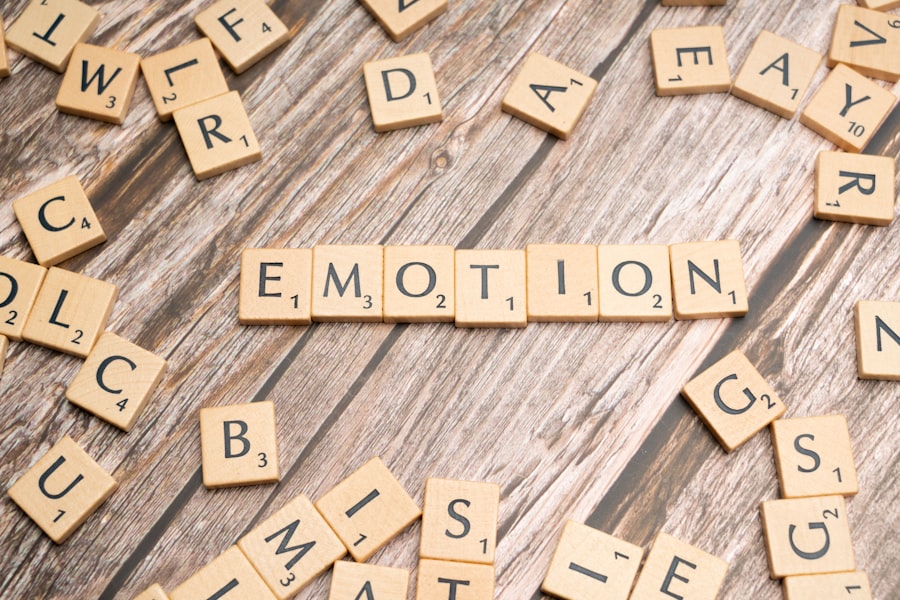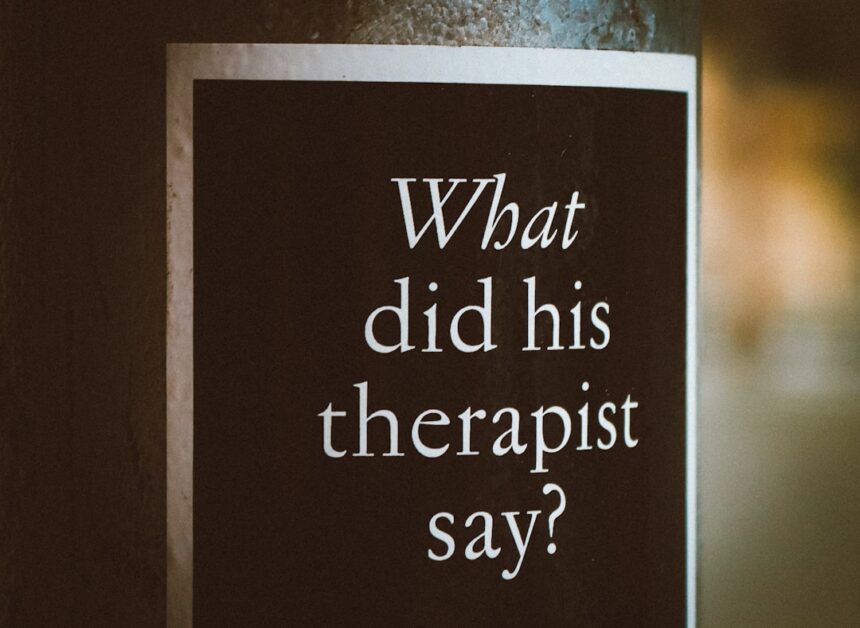In today’s digital age, social media has become an integral part of your daily life. You likely find yourself scrolling through feeds, liking posts, and sharing moments with friends and family. However, as you engage with these platforms, it’s essential to reflect on your social media habits and how they affect your mental well-being.
The rise of social media has brought about both positive and negative consequences, and understanding these impacts can help you navigate your online presence more mindfully. One effective approach to managing your social media habits is through Cognitive Behavioral Therapy (CBT), a psychological treatment that focuses on changing unhelpful cognitive distortions and behaviors. CBT can provide you with the tools to analyze your social media use critically.
By recognizing patterns in your behavior and thought processes, you can develop healthier habits that promote mental wellness. This article will explore the relationship between social media habits and mental health, delve into the principles of CBT, and offer practical strategies for applying these techniques to improve your online experience. As you embark on this journey, you will learn how to cultivate a more balanced relationship with social media, ultimately enhancing your overall well-being.
Key Takeaways
- Social media habits can have a significant impact on mental health and well-being.
- Cognitive Behavioral Therapy (CBT) can be an effective tool for addressing negative social media habits.
- It is important to identify and understand negative social media habits in order to address them effectively.
- CBT techniques can be applied to social media habits to challenge negative thoughts and beliefs.
- Setting realistic goals, practicing mindfulness, and building a supportive social network offline are key components of using CBT to address social media habits.
Understanding the Impact of Social Media on Mental Health
Social media platforms can significantly influence your mental health, often in ways you may not immediately recognize. On one hand, these platforms can foster connections, provide support, and create a sense of community. You might find solace in sharing experiences with others who understand your struggles or celebrating milestones with friends and family.
However, the darker side of social media can lead to feelings of inadequacy, anxiety, and depression. The constant comparison to curated lives can distort your self-image and create unrealistic expectations. Moreover, the addictive nature of social media can lead to excessive screen time, which may contribute to feelings of isolation and loneliness.
You might notice that instead of engaging in face-to-face interactions, you find yourself glued to your phone, scrolling through endless feeds.
Understanding these impacts is crucial for recognizing when your social media habits may be detrimental to your mental health.
Identifying Negative Social Media Habits

To improve your relationship with social media, the first step is identifying any negative habits you may have developed. You might find yourself mindlessly scrolling through feeds for hours or feeling compelled to check notifications constantly. These behaviors can lead to a sense of urgency or anxiety, as you feel pressured to stay updated or respond immediately.
Take a moment to reflect on how often you engage in these activities and how they make you feel afterward. Another common negative habit is comparing yourself to others. You may catch yourself feeling envious or inadequate after viewing someone else’s seemingly perfect life online.
This comparison can lead to a distorted self-image and contribute to feelings of low self-worth. By recognizing these patterns in your behavior, you can begin to take steps toward healthier social media use. Acknowledging these negative habits is the first step in breaking free from their hold on your mental well-being.
Introduction to Cognitive Behavioral Therapy (CBT)
| Metrics | Data |
|---|---|
| Number of Sessions | 10-20 sessions |
| Success Rate | Around 50-75% |
| Duration of Each Session | 45-60 minutes |
| Common Techniques | Identifying negative thoughts, cognitive restructuring, behavioral experiments |
Cognitive Behavioral Therapy (CBT) is a widely recognized therapeutic approach that focuses on the interplay between thoughts, feelings, and behaviors. At its core, CBT posits that your thoughts influence your emotions and actions. By identifying and challenging negative thought patterns, you can change how you feel and behave in response to various situations.
This approach is particularly useful when addressing issues related to social media use. CBT involves several key techniques that can help you reframe your thinking about social media. For instance, cognitive restructuring allows you to identify irrational beliefs and replace them with more balanced perspectives.
Additionally, behavioral activation encourages you to engage in activities that promote positive emotions rather than succumbing to negative habits. By incorporating these techniques into your daily life, you can develop a healthier mindset regarding social media and its impact on your mental health.
Applying CBT Techniques to Social Media Habits
Once you understand the principles of CBT, you can begin applying these techniques to your social media habits. Start by keeping a journal where you document your thoughts and feelings related to social media use. This practice will help you identify triggers that lead to negative emotions or behaviors.
For example, if you notice that certain accounts consistently make you feel inadequate or anxious, it may be time to unfollow them or limit your exposure. Another effective CBT technique is cognitive restructuring. When you catch yourself engaging in negative self-talk after scrolling through social media, challenge those thoughts by asking yourself if they are based on facts or assumptions.
For instance, if you think, “Everyone else is happier than I am,” consider the possibility that people often share only their highlights online. By reframing these thoughts, you can reduce their emotional impact and cultivate a more balanced perspective on social media.
Setting Realistic Goals for Social Media Use

Setting realistic goals for your social media use is essential for fostering a healthier relationship with these platforms. Start by assessing how much time you currently spend on social media each day and consider whether this amount aligns with your values and priorities. You might decide to limit your usage to a specific time frame each day or designate certain days as “social media-free” to encourage more meaningful offline interactions.
As you set these goals, ensure they are achievable and tailored to your lifestyle. For instance, if you’re accustomed to checking social media first thing in the morning, consider replacing that habit with a morning routine that prioritizes self-care or mindfulness. By gradually implementing these changes, you’ll create a more intentional approach to social media that aligns with your overall well-being.
Challenging Negative Thoughts and Beliefs about Social Media
Challenging negative thoughts and beliefs about social media is a crucial aspect of using CBT techniques effectively. When you find yourself feeling overwhelmed or anxious due to what you see online, take a step back and evaluate those feelings critically. Ask yourself whether these thoughts are based on reality or if they stem from cognitive distortions such as catastrophizing or all-or-nothing thinking.
For example, if you believe that not receiving enough likes on a post means you’re unworthy or unlikable, challenge that belief by reminding yourself of the many factors that contribute to engagement on social media—such as timing or algorithm changes—that have nothing to do with your value as a person. By reframing these negative thoughts, you’ll empower yourself to engage with social media in a healthier way.
Developing Healthy Coping Strategies for Social Media Triggers
As you navigate the complexities of social media use, it’s essential to develop healthy coping strategies for managing triggers that may arise during your online interactions. Identify specific situations or content that provoke negative emotions for you—whether it’s seeing certain posts or engaging in discussions that lead to conflict—and create a plan for how you’ll respond when faced with these triggers. For instance, if scrolling through social media leads to feelings of inadequacy or anxiety, consider taking a break from those platforms when you’re feeling vulnerable.
Alternatively, engage in activities that promote positive emotions—such as going for a walk, practicing a hobby, or connecting with friends offline—when faced with triggering content. By proactively addressing these triggers with healthy coping strategies, you’ll cultivate resilience and improve your overall mental well-being.
Practicing Mindfulness and Self-Compassion in Social Media Use
Incorporating mindfulness and self-compassion into your social media habits can significantly enhance your experience online. Mindfulness encourages you to be present in the moment and observe your thoughts and feelings without judgment. When using social media, practice being aware of how certain content affects your emotions and reactions.
This awareness will help you make more intentional choices about what you engage with online.
Instead of criticizing yourself for feeling inadequate after comparing yourself to others online, practice self-kindness by acknowledging that everyone has struggles—even those who appear perfect on social media.
Remind yourself that it’s okay to have complex feelings about what you see online; embracing those feelings with compassion will help foster a healthier relationship with social media.
Building a Supportive Social Network Offline
While social media can provide connections with others, it’s crucial not to overlook the importance of building a supportive network offline as well. Engaging in face-to-face interactions with friends and family can provide emotional support that online interactions often lack. Make an effort to prioritize quality time with loved ones—whether through shared activities or simply having meaningful conversations.
Additionally, consider joining local groups or clubs that align with your interests or values. These connections can help create a sense of belonging and community that may be lacking in your online interactions. By nurturing relationships offline, you’ll cultivate a support system that enhances your overall well-being and provides balance in your life.
Monitoring Progress and Adjusting Social Media Habits with CBT
As you implement CBT techniques into your social media habits, it’s essential to monitor your progress regularly. Reflect on how changes in your behavior have impacted your mental health over time. Are you feeling less anxious or overwhelmed when using social media?
Are you engaging more mindfully with content? Keeping track of these changes will help reinforce positive habits and motivate you to continue making adjustments as needed. If certain strategies aren’t yielding the desired results, don’t hesitate to reassess and modify your approach.
CBT is an adaptable framework that encourages flexibility in addressing challenges as they arise. By remaining open to change and committed to improving your relationship with social media, you’ll empower yourself to create a healthier online experience that supports your mental well-being. In conclusion, understanding the impact of social media on mental health is crucial for developing healthier habits in today’s digital landscape.
By applying CBT techniques—such as challenging negative thoughts, setting realistic goals, and practicing mindfulness—you can cultivate a more balanced relationship with social media that enhances rather than detracts from your well-being. Remember that this journey is ongoing; by monitoring progress and adjusting habits as needed, you’ll continue moving toward a healthier mindset both online and offline.
Cognitive Behavioral Therapy (CBT) has been increasingly recognized as an effective approach to managing the negative impacts of social media on mental health. By helping individuals identify and challenge distorted thinking patterns, CBT can reduce anxiety and improve self-esteem in the context of social media interactions. For those interested in exploring more about the intersection of psychology and digital media, an insightful article can be found on Unplugged Psych’s website. This resource delves into various psychological strategies, including CBT, that can be employed to mitigate the adverse effects of social media. For further reading, you can visit the article on their website.
LEARN WHY Your Brain Isn’t Addicted to Likes; the Algorithm Gaslights You Daily, Hard.
FAQs
What is cognitive behavioral therapy (CBT)?
Cognitive behavioral therapy (CBT) is a type of psychotherapy that focuses on changing negative thought patterns and behaviors to improve emotional regulation and overall well-being.
How does cognitive behavioral therapy (CBT) work for social media use?
CBT for social media use involves identifying and challenging negative thought patterns and behaviors related to social media, such as comparison, validation-seeking, and fear of missing out. It also involves developing healthier coping strategies and setting boundaries for social media use.
What are the benefits of using cognitive behavioral therapy (CBT) for social media?
CBT for social media can help individuals develop a healthier relationship with social media, reduce anxiety and depression related to social media use, improve self-esteem, and enhance overall well-being.
Is cognitive behavioral therapy (CBT) effective for social media use?
Research has shown that CBT can be effective in addressing problematic social media use and its associated negative effects. It has been found to be helpful in reducing social media addiction, improving self-control, and promoting healthier social media habits.
How can someone access cognitive behavioral therapy (CBT) for social media use?
Individuals can access CBT for social media use through licensed mental health professionals, such as psychologists, therapists, or counselors who specialize in CBT. It can be offered in individual or group therapy settings, and there are also online CBT programs available.




